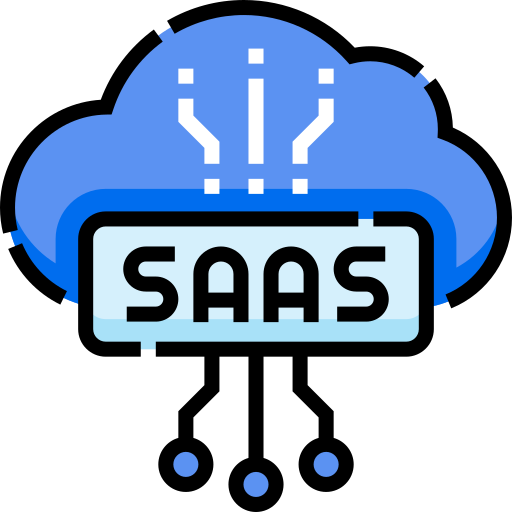Starting a software company can feel like a daunting task. Where do you even begin? What skills do you need? What kind of product should you build?
What’s the First Step?
Start with this simple question: What problem can I solve with software?
This might sound obvious, but it’s easy to skip over.
Don’t try to start with a company. Start with a problem.
Look for inefficiencies in the world around you, frustrations people have, or gaps in existing solutions. I own an e-commerce business, and my software company idea came directly from the challenges I faced running it.
Here’s a practical tip: if you don’t already have an idea, take a step back and pay attention to your environment. Make a list of pain points you encounter daily. That’s your treasure map.
Do You Need to Code?
This question pops up often, and the answer is surprisingly nuanced. No, you don’t need to know how to code to start a software company, but it helps immensely. Being fluent in the language of developers can save you money, frustration, and time when communicating with your team.
However, if coding isn’t your strength, don’t despair. Surround yourself with tech-savvy people. Your early hires should include brilliant developers who translated my ideas into functional software. If you’re non-technical, your job is to deeply understand the customer and ensure your team has the resources to build the right solution.
How Do You Start Building the Software?
1. MVP First
Start small. Create a Minimum Viable Product (MVP) — a barebones version of your software that solves one specific problem. Forget about bells and whistles for now. Your first SaaS product can be very simple. It just needs to do the main task well.
2. Iterative Development
Think of your company as a constantly evolving entity. Version 1.0 will never look like Version 10.0, and that’s okay. Embrace the process of continuous improvement. This approach not only keeps your product relevant but also helps you learn about your customers along the way.
How Do You Organize Your Company?
To manage my fledgling company, I needed to stay organized from the get-go. Here’s how I structured things:
Your Core Folder Setup
- Administrative: Contracts, licenses, and important paperwork.
- Legal: NDAs, IP agreements, and other legal documents.
- Financial: Expense tracking, invoices, and revenue reports.
- Operations: Project roadmaps, workflows, and team assignments.
Additionally, I use tools like MindNode to visually map out the departments of your company as it grows. Tools like this keep your long-term goals clear while helping your focus on immediate priorities.
What Tools Do You Need?
The apps and platforms you choose are like your company’s first employees. They’ll handle tasks before you can afford to hire people. Here’s my go-to tech stack:
- Communication: Slack, Zoom
- Project Management: Trello, Asana, or Notion
- Financial Tracking: QuickBooks or Wave
- Customer Support: Intercom or Zendesk
Spend time on sites like Product Hunt to find tools tailored to your needs. The right software can save you countless hours.
What About Hiring?
Eventually, you’ll need to bring in people.
- Hire Specialists: When hiring, focus on specific roles like marketing, tech, or customer support. A jack-of-all-trades is tempting but might dilute your efforts.
- HR Is Crucial: Even if you’re bootstrapping, establish basic HR processes. Compliance with labor laws, clear onboarding procedures, and an open culture will set you up for success.
- Outsourcing Is an Option: If hiring full-time employees is out of reach, consider outsourcing. I initially outsourced customer service to focus on growth. It was a lifesaver.
What Should Your Growth Strategy Be?
Here’s a pro tip I live by: start messy, but start. Perfectionism is the enemy of progress.
Copy and Improve
If you’re struggling for inspiration, look at what’s working in the market. Then make it better. When Bolt launched, Uber was already a household name, but Bolt succeeded by targeting underserved Eastern European markets.
Market Exploration
Don’t get stuck in one geography or demographic. If most SaaS companies focus on the US, look to Europe, Asia, or other markets where competition is lower.
Final Thoughts
Starting a software company isn’t a straight road. It’s more like a series of experiments, mishaps, and small victories. There will be moments when you'll feel like you're in over your head, and that's okay, everyone does at some point.
Through it all, you'll learn to stay curious, iterate constantly, and lean on the expertise of others. Whether you’re coding yourself or rallying a team of rockstar developers, the key is action. Take the first step, even if it’s messy.
Remember: building a software company isn’t just about the product. It’s about solving problems, building systems, and connecting with people. Every misstep is a lesson, and every success is a step closer to your vision.
So, what are you waiting for? Get started.










